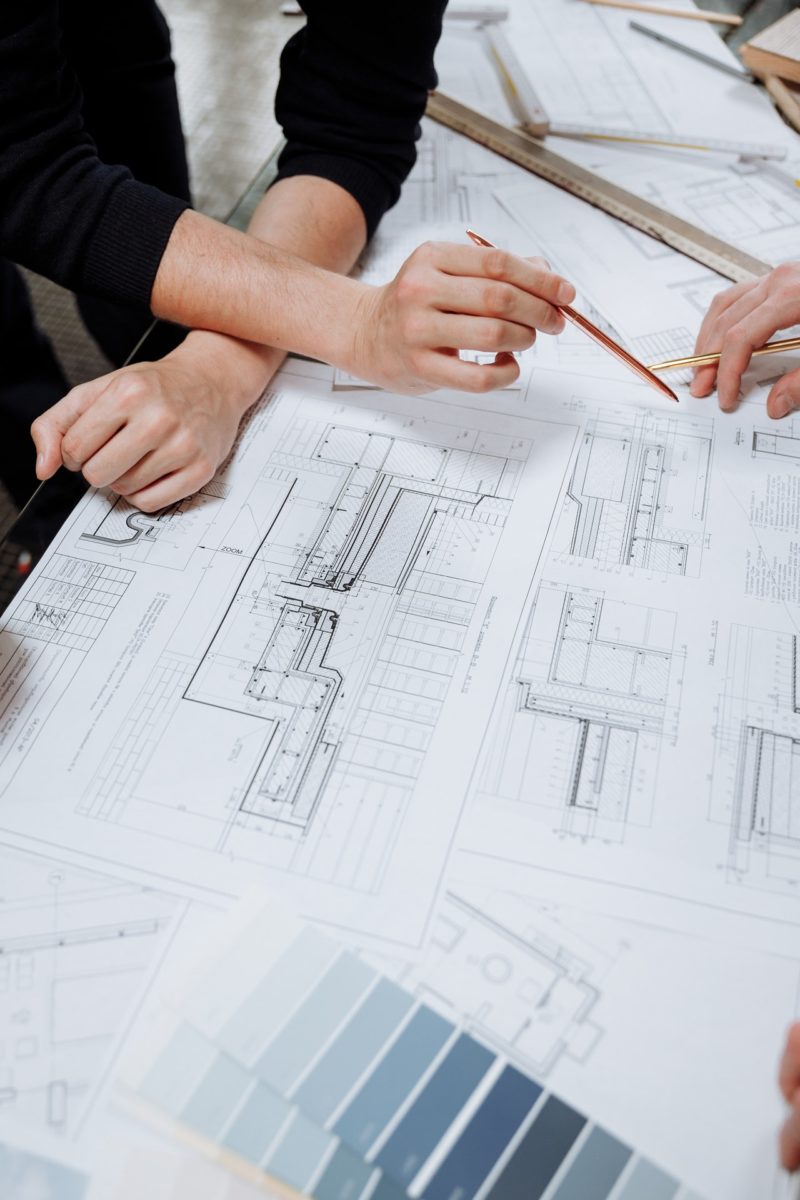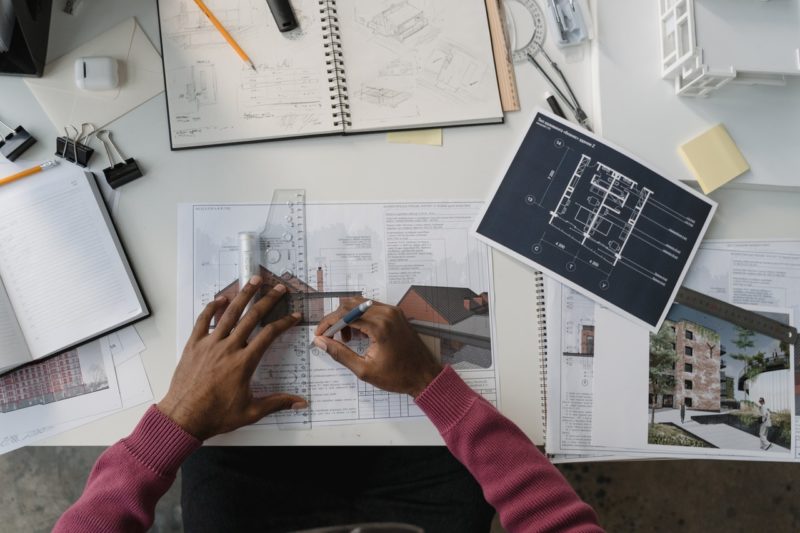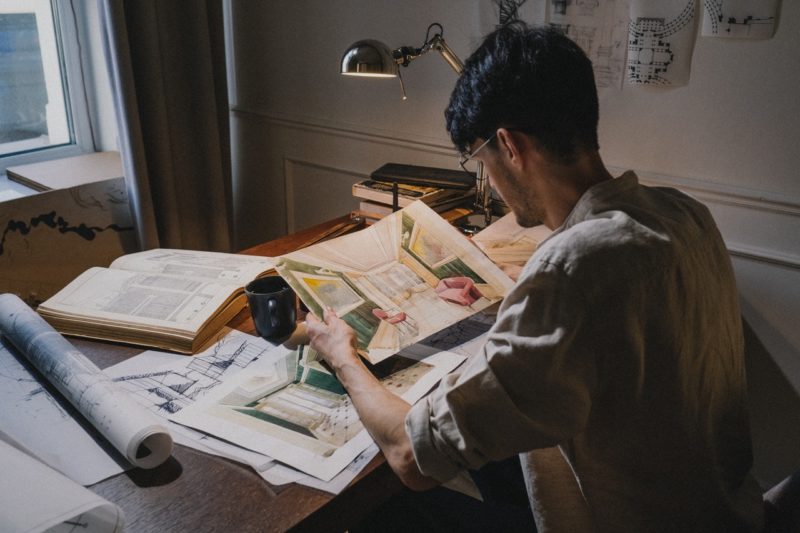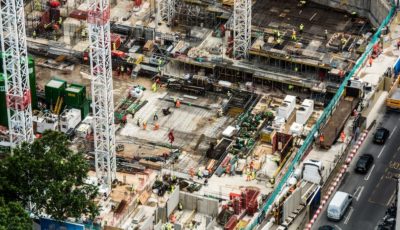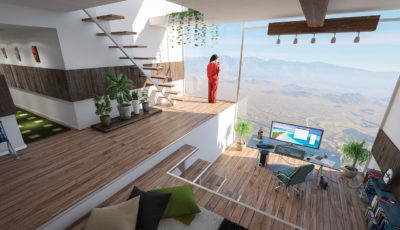Hiring an Architect? How To Find a Good One
Hardly any people can comprehend how complicated it is to build and design – until they find themselves lost in complex design options, building codes, zoning laws, contractors, and so on. Every customer has their own set of preferences; that is why no two building projects are alike, but this also means that there is no clear-cut path to follow.
In a world where DIY methods prevail, hiring an architect is often a luxury. Although anyone can complete a renovation project or create a design layout, not everyone can effectively produce a plan that aligns with your local building regulations.
A good architect sees the big picture. Their responsibilities are not limited to just designing a structure but extend to envisioning an entire built environment that offers functionality, style, and sustainability.
Here are some of their primary responsibilities in any construction project:
- Providing overall design direction for the project
- Serving as a prime contractual consultant
- Coordinating the work of sub-consultants
- Coordinating approvals from authorities
- Coordinating construction procurement
- Providing a review of construction quality
- Assisting in the assessment of payments during construction
- Program analysis
- Landscape design
- Furniture selection
- Building envelope investigation
- Streetscape design
- Drafting zoning bylaws
An architect undertakes the daunting task of designing a property layout. They have a license with an extensive educational and training background, including a thorough understanding of the basics of mechanical and civil engineering principles.
How Do You Find the Right Architect?
Each architect has their own set of skills, style, and design approaches, making it crucial to find one compatible with your desired outcome to ensure the project’s success. If you don’t have a go-to architect yet, it is now the perfect time to read through this comprehensive guide to help you find the right architect.
1. Do Your Research
As with any building project, a little homework goes a long way. Before searching for a list of potential architects, it would be ideal to carefully layout your property’s needs and goals such as insulation, roofing systems, additional security on the roof by installing security roof hatches, etc.
Ask yourself these relevant questions to help you narrow down your search.
- Do you need additional space?
- How much is your budget?
- How will you finance it?
- Where will it be located?
You can skip out on the technicalities when answering these queries since the architect will do that for you. However, it would be highly beneficial to your business and project if you already have a general idea of what you require.
Next is building up a list of potential candidates. You can always find the designer of projects you like in your area or get recommendations from friends, colleagues, or the local American Institute of Architects (AIA) chapter. Garnering a seat in the AIA solidifies an architect’s reputation by subscribing to a professional code of ethics and accessing various professional and technical resources.
Contact each architectural firm on your list and describe your project requirements to them. If they are available to handle the task, request a catalog outlining the firm’s qualifications and past works. The documents you will receive from interested firms might include a letter of interest, brochures, fact sheets, and photos of past work. Look beyond the design of the brochure to determine which firms have the right experience and capacity for your project.
2. Schedule an Interview
An introductory interview is crucial to determine your compatibility with the team who will work on your project since you will be dealing with them for a long time. It would be best to conduct the meeting in the architecture firm or office so that you can see their past or current projects first hand.
Depending on both party’s availability, you can also interview in your home or office so that the architect can easily have an initial idea of the design. While most architects do not charge for their time, it would be safe to ask beforehand for a fee.
Here is a helpful inquiry checklist to ask during the interview:
- Firm’s availability
- Who will handle the job?
- What is the firm’s design philosophy?
- How does the architect intend to approach your project?
- Do you have similar projects to mine?
- Duration of the design process and construction
Discuss your budget during the interview and ask the range of fees the architect would anticipate for the project. Before deciding who to hire, have the finalized candidates take you to one of their finished projects and request references from past clients.
3. Contract Signing
When you finally decide on the firm that will undertake the project, you’ll need to formalize the agreement by signing a contract. The contract will generally include the scope of the work, what services the architect will provide, the schedule for the project, the architect’s fee, and the payment schedule.
AIA has developed standard contracts that many architects use. Check to see if the total amount includes the cost of drawing up plans or whether you’ll have to hire a separate draftsperson. Site surveys, 3-D modeling, and other services might incur additional charges. Ensure that you understand how design revisions can affect the architect’s fee or whether a certain number of modifications are allowed.
Help Your Architect Help You
Once you’ve chosen your architect and signed the contract, there are things that you can do to ensure the success of your project:
- Be available – Review the suggested design and material suggestions thoroughly.
- Be decisive – If you can’t decide, let your architect know. They may have valuable information or methods to help you make a decision.
- Ask questions – Understanding the design and the process of construction projects is critical to avoid any confusion.
- Speak up – If there are any details on the proposed design that you disagree with, it would be better to say what’s on your mind before moving on to the building phase.
Your architect will most likely tell you that they prefer having constant, open communication with their client. The more engaged you are in the project, the higher the chances of success.
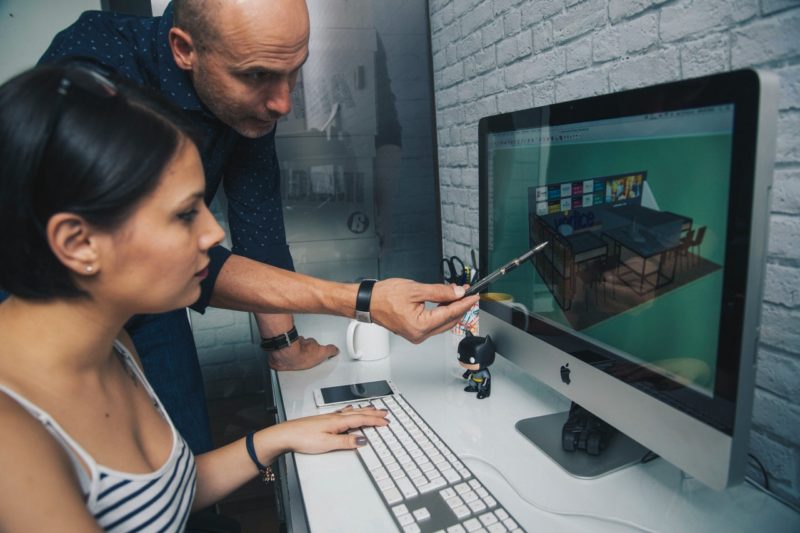
Finding the right person to bring your vision to life is an essential investment for your business. You will work closely with your chosen architect throughout the design and construction phase. It is necessary to be comfortable with their personality, communication, and work methods.
Any remodeling or building project requires the expertise of a contractor and other building professionals. If you have a major project coming up and you need assistance in creating a plan that works with your budget and timeframe, then you can never go wrong with hiring an architect.



